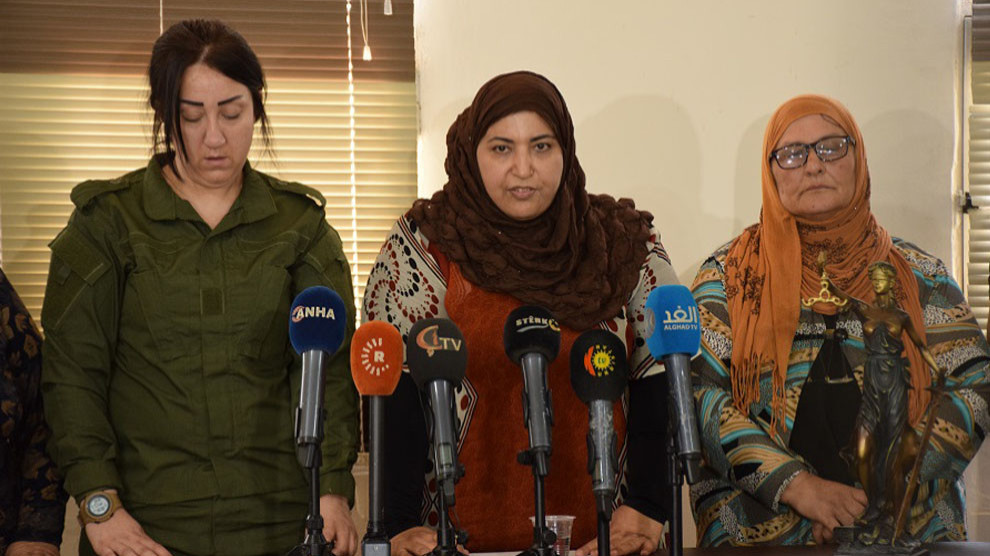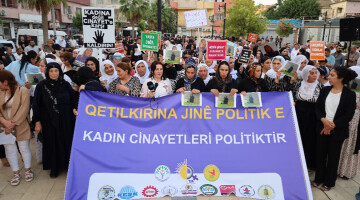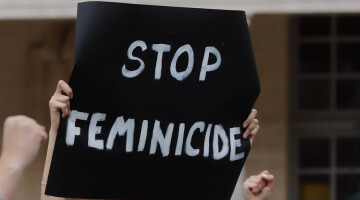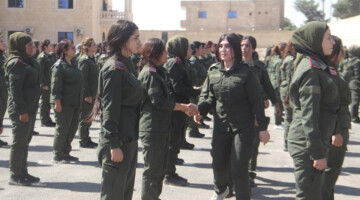The curfews in the Coronavirus crisis have encouraged violence against women worldwide - even in the autonomous regions of northern and eastern Syria. This is the conclusion of a joint research report by the Women's Justice Council and the autonomous women's structures of the internal security forces, which was presented on Sunday in Qamishlo. During the initial restrictions between 23 March and 15 June, fourteen women in northern and eastern Syria became victims of a femicide. Another 126 women were affected by patriarchal violence.
There was also a massive increase in suicidal tendencies among women over the same period. Within only two and a half months, sixteen women in the entire autonomous region put an end to their lives, and in fourteen cases attempted suicide was recorded. The women's organisations attribute the alarming figures on the one hand to social isolation, which is a major stress factor and can exacerbate mental disorders. On the other hand, the quarantine measures were an ideal breeding ground for domestic violence. Since suicide often occurs when risk factors accumulate and women who have been abused or traumatised by war are also particularly prone to suicide, voluntary death could have been the last resort and the last attempt of resistance by these women not to accept the situation into which they are forced. For comparison: according to a report by the Women's Committee of the Euphrates region, three women committed suicide in Kobanê in 2019. The year before, 14 women ended their lives themselves.
The Women's Justice Council criticises the lack of measures to combat violence against women in Northern and Eastern Syria. It therefore calls upon all women's institutions and organizations as well as the authorities and political leaders to develop a comprehensive and common strategy for suicide prevention. The fight against violence is complex, he said, and therefore cross-sectoral cooperation is needed.














